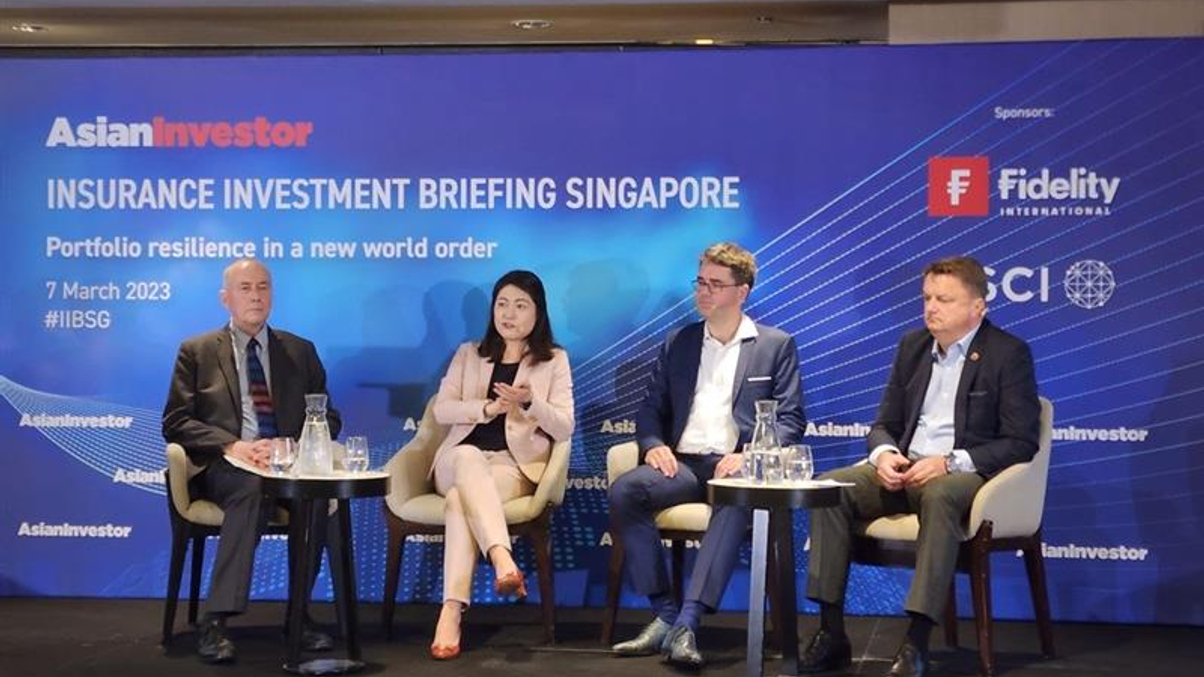AIA, Singlife challenge notion of ESG versus returns
As ESG considerations continue to be integrated more deeply into investment decisions, two insurance CIOs weigh in on whether investors have to tradeoff some returns to achieve sustainability.

Chunyen Liu, chief investment officer at AIA Singapore, believes the popular view that there must be some sort of a tradeoff between financial returns and sustainable investing is more of a persistent myth plaguing the industry than a valid viewpoint.
Sign in to read on!
Registered users get 2 free articles in 30 days.
Subscribers have full unlimited access to AsianInvestor
Not signed up? New users get 2 free articles per month, plus a 7-day unlimited free trial.
¬ Haymarket Media Limited. All rights reserved.


